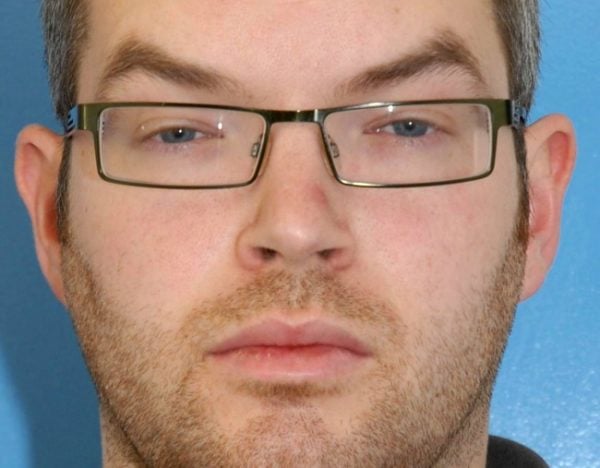It was December 2010 and the holiday season was in full swing.
There was snow on the ground in Bristol in the UK and with Christmas approaching, 25-year-old Jo Yeates was excited about spending time with her boyfriend, Greg Reardon, and her parents, David and Theresa.
Jo and Greg had met at the landscape architecture firm where they both worked and had recently moved in together.
On December 17, Jo and her colleagues finished work for the day and piled into a nearby pub for festive drinks. Greg had gone away for the weekend to visit his brother and Jo told her friends she planned to spend her time baking cakes for a party they were throwing the following Tuesday.
At around 8pm, Jo left the pub and went to a nearby supermarket where she purchased a pizza and two bottles of cider. Then she set off on the 20 minute walk back to her flat.
On 19 December, Greg returned from his trip. Upon entering the house, he found a half drunk bottle of cider on the table beside Jo’s handbag, glasses and keys. His girlfriend was nowhere to be found.
LISTEN: Holly Wainwright and The Stephens Twins explore our fascination with crime. Post continues after audio…
When he called her mobile, and heard it ringing in the pocket of her jacket, he knew instinctively something was very wrong.
He called the police and reported Jo missing. Then he phoned her parents.
The disappearance was completely out of character.

Top Comments
This story was on this week on one’s countdown to murder for those interested